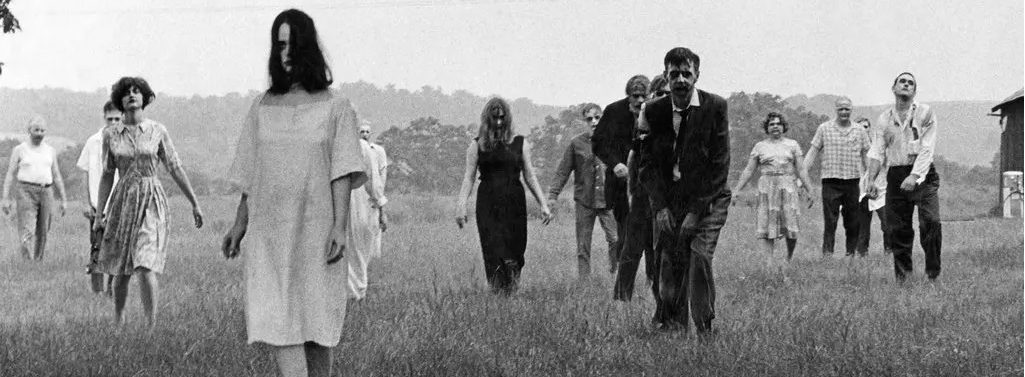Policies:
Discussion: The class encourages dialogue based on mutual respect, a willingness to listen, and tolerance of differing points of view. I hope that all of us can assume the good faith of those present and engage one another with intensity but also compassion, patience, and understanding.
Fair Warning: Some of the material in this course could (and should) be disturbing. You’ll sometimes encounter graphic violence, explicit sex, sometimes racist or sexist characters, disrespect of religion, incest, and more. It’s a class on horror, after all. I can’t predict what might be upsetting for any individual, but this is a general warning that the course includes potentially upsetting material that I expect you to engage.
All percentages for grade calculation are approximate rather than mathematically precise. I will take into account the particular strengths (and, if necessary, weaknesses) of individuals in arriving at final grades.
Laptops, phones, and other portable devices: It’s up to you how you take notes. But if you spend most of the class getting busy with social media, answering email, doing work for other courses, or surfing the internet you won’t be engaged with people in the room. Being physically in the room and involved in the class aren’t the same thing.
Generative AI: You may use AI tools (e.g. ChatGPT, Bard) to help generate ideas and brainstorm but must not submit work generated by AI as your own. Also keep in mind that outputs generated by these tools might be inaccurate, incomplete or otherwise problematic. You will be accountable for the accuracy of your own work.
The point of the class is to think creatively and intently about the movies and reading for the course. Relying too much on AI might get in the way of your own thoughts. If you include any material generated by AI, or consult AI in your work, that must be cited as any other reference material would be. Any uncited or inappropriate use of AI tools is a violation of Middlebury’s honor code and everyone should expect it to be treated that way.
Disability Resource Center: Students with documented disabilities who may benefit from accommodations should let me know. The College’s Disability Resource Accessibility Office offers helpful services.
Honor Code: Middlebury has an honor code. You must follow it in all of your work.
Requirements:
Attendance and participation (25%):
• Students should be physically and mentally present for class. Everyone should have done the coursework listed on the syllabus for each class.
• Though I’ll spend some time lecturing, the class will also focus on discussion and exchange. I’ll free to call on students, because it’s important that everyone make efforts to contribute in the classroom and engage the people in it.
• All screenings are required and integral to the course. These screenings were scheduled in Banner, so anyone enrolled should be aware of them.
Six Blog Posts (3 before the end of Week 6 and 3 after)(20%):
- Blog posts should be about one paragraph, maybe two. The idea is to raise compactly a point for discussion online and in-class, or to respond meaningfully to an earlier post. Make no more than one post (for credit) for any particular meeting.
- Don’t simply agree with someone else’s post. Respond to it by elaborating on a point made, offering additional evidence, emphasizing partial agreement, or respectfully disagreeing. You can also raise an entirely different point of your own. A good post isn’t limited to repetition and affirmation, though affirmation can certainly be part of one.
- Posts must be done by 1:00pm on the relevant day of class. Posts completed during or after class discussion about reading or a movie won’t be given credit. Their purpose is preparation for class, not reflection after the fact.
One 5-page paper (20%): Due dates appear on the syllabus. Topics will be distributed. Late papers will be downgraded a half grade per day.
Short Film Reproducing a Scene (10%): Groups of students will create duplicate the shot sequences of a particular scene from a horror movie. These films will be about five minutes long. The exercise is meant to encourage thinking about what it takes to frame a series of shots and connect them to one another. Students will also submit individual 1-2 page accounts of what they found challenging and/or rewarding about reproducing the scene. How, if at all, did this exercise make you see the films in our class differently?
What is a Ghost?–A rumination on ghostliness (5%)
Final Assignment (20%): This will be a take home assignment asking you to think broadly across a range of material we have covered over the semester.
Failure to complete any required work could lead to failure in the course.
Honor Code: Middlebury has an honor code. You should be familiar with and abide by it.
